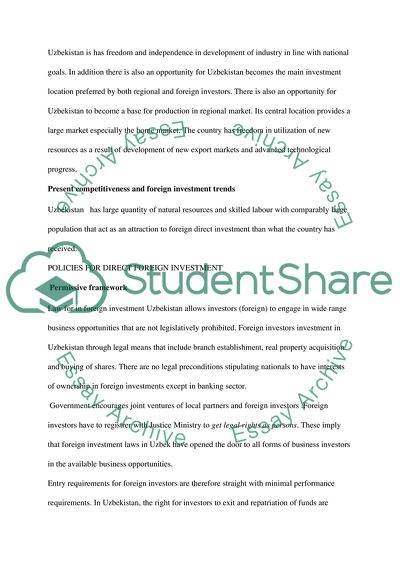Cite this document
(“Implementation of International Legal Standards in The Investment Assignment”, n.d.)
Retrieved from https://studentshare.org/law/1585164-the-implementation-of-international-legal-standards-in-the-investment-legislation-of-uzbekistan
Retrieved from https://studentshare.org/law/1585164-the-implementation-of-international-legal-standards-in-the-investment-legislation-of-uzbekistan
(Implementation of International Legal Standards in The Investment Assignment)
https://studentshare.org/law/1585164-the-implementation-of-international-legal-standards-in-the-investment-legislation-of-uzbekistan.
https://studentshare.org/law/1585164-the-implementation-of-international-legal-standards-in-the-investment-legislation-of-uzbekistan.
“Implementation of International Legal Standards in The Investment Assignment”, n.d. https://studentshare.org/law/1585164-the-implementation-of-international-legal-standards-in-the-investment-legislation-of-uzbekistan.


